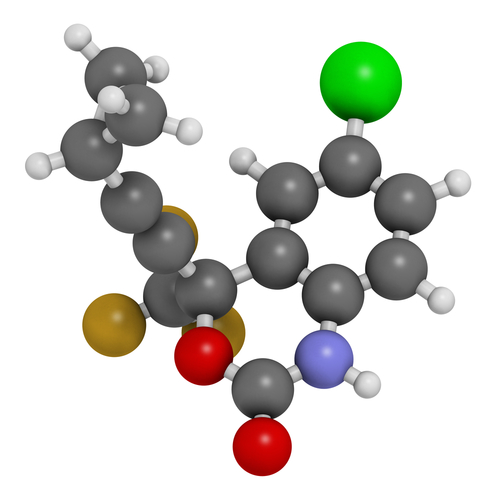 A team of researchers from the Jean Mayer USDA Human Nutrition Research Center on Aging at Tufts University found two important biological mechanisms in mice models that may be involved in the cause of cataracts. These novel findings can lead to the development of treatments to the delay the onset of the disease.
A team of researchers from the Jean Mayer USDA Human Nutrition Research Center on Aging at Tufts University found two important biological mechanisms in mice models that may be involved in the cause of cataracts. These novel findings can lead to the development of treatments to the delay the onset of the disease.
With over half of adults in the United States developing cataracts before age 80, it is the most prevalent age-related disease, according to the NIH. In the aetiology of cataracts is the accumulation and precipitation of damaged proteins from the normally clear lens by the ubiquitin proteolytic system.
In their the study, entitled “Altered ubiquitin causes perturbed calcium homeostasis, hyper activation of calpain, dysregulated differentiation, and cataract,” recently published in the Proceedings of the National Academy of Sciences, the researchers observed that when the ubiquitin pathway is mutated, there is a calcium elevation into the cells of lens. This elevation was found to cause a third pathway to activate, named calpain, leading to defects related to cataracts in the lens.
In a recent press release, senior Allen Taylor, Ph.D., the director of the Laboratory for Nutrition and Vision Research at the USDA HNRCA and a professor at the Friedman School of Nutrition Science and Policy at Tufts University said, “We discovered that the ubiquitin pathway and the calpain pathway communicate with one another. When their conversation goes awry, cells start a vicious cycle in which proteins are improperly degraded. This leads to alterations in proteins and the beginning of the clouding of the lens that signals the onset of cataract.”
With this study, the researchers were able to identify new connections between ubiquitin proteasome systems (UPSs) and calpain-based degradative systems, that can be used to develop new therapeutics for the cataracts.
In the press release, Taylor stated about the fact that these findings may provide further understanding to other diseases “Ubiquitin is found in every cell in plants, animals and people; therefore it’s possible this interaction with calpain is occurring elsewhere in the body,” “If it is, that would provide the opportunity to learn more about how abnormal proteins may accumulate in other disease states that are similar to cataract, including neurodegenerative diseases such as Alzheimer’s and Parkinson’s.”


